Opinion: Prerequisite for a cappella holds students back
Above is a picture of a combined a cappella rehearsal in a practice room at WHS. From left to right, top to bottom, Anitta Thomas, Ella Johnson, Jen Curran, Lilly Lin, Clara Hurney, Jessica DeMasi, Maya Anand, Emma DiIanni and Alexa Calder. The a cappella auditions for the 2016-2017 school year have been moved to the fall.
The lights turn on and illuminate the stage. A small group of girls walk out, rocking the stage in their black dresses and red high heels. They form a semicircle. A hush falls over the crowd as if everyone is holding their breath. A single harmony rings through the air as the Muses begin to sing.
The a cappella groups seem to be in perfect harmony most of the time; however, behind the scenes there is more happening than may meet the eye. WHS’s Program of Studies states that, “All students in a cappella ensembles must also be enrolled in a curricular performing arts ensemble.” Joining a cappella means that you have to make a choice, a choice to join a fine arts class or simply not be in the group. This is a choice that is often unrealistic for students who have other interests outside of the Fine Arts department.
For a student to be in an a cappella group, they either have to be in chorus, orchestra, band or a dramatic arts class. What happened to being able to sing with your friends while still taking other courses outside of these choices? We are students, not professionals. We should not be expected to decide whether or not our high school experience is surrounded by only Fine Arts. The requirement does not allow students to have a balanced and healthy life. This requirement keeps students from trying new things outside of fine arts, by forcing them to work their schedules around these, sometimes unwanted, electives.
“I understand why there is that requirement. It gets to the other heart of the issue which is the club status of a cappella that is also a performing arts group,” Principal Allyson Mizoguchi said. “[The groups must] have a foundation of skill. We want it to be the most quality-supported a cappella group that it can be. There’s been some exploration of how we [can] be more flexible while tying to this philosophy around it being a performing art group.”
Exploring options is exactly what students at this age should be doing. They should be trying different courses, dabbling in different subjects to see what they like and are passionate about.
I had the Muses take an anonymous poll. I wanted to see who believed that the requirement to take a fine arts class in order to stay in the group was fair. It turned out 86 percent of the survey takers decided that the rule was unfair.
Senior Sten Shearer had been in the Madrigals for a year and a quarter while not taking a single performing arts class when he was removed from the group by the Fine Arts Department. Shearer said that there were other students in a cappella who ignored the requirement and were not removed from the group.
“If you want to be in a performing arts group, it should be based off of your merit for that performing art and not based off of a class that you take,” Shearer said. “I have a lot of different interests. I like taking AP sciences and business classes. Fitting another elective in there really restricts my time.”
Shearer participates in both the school play and musical each year. Unfortunately, the school did not feel that this could exempt him from taking a performing arts class for a cappella.
According to Shearer, many members of the Madrigals were not happy about Shearer being kicked out of the group.
“A lot of them got pretty angry about it, and one of the directors in particular tried to fight for me a lot. But in the end, we didn’t really have the authority to overturn their decision,” Shearer said.
A cappella students share these issues with members of other music groups. The Program of Studies says that to be in Jazz Band, “Woodwind, brass, string bass, and percussionists must be enrolled in the Concert Band, Wind Ensemble or Orchestra program in order to participate.” This means that in order to be in one band, one must also be in another band. Similarly, the Program of Studies says that to be in Chamber Music or Small Ensemble, “students must be enrolled in band or orchestra.”
“This has been an effective policy in insuring groups have a positive representation of Wayland High School,” Susan Memoli, head of the Fine Arts Department, said. “Having the requirement of being in a fine arts class has changed the [a cappella] groups. I firmly believe they bring more to the table. Is it a perfect system? I have yet to meet a perfect system, but we try to make it fair.”
Memoli said that by being in a fine arts class, a cappella group members have learned to have more stage presence.
“[Being good in a cappella] demands that you are learning those skills in other settings as well,” Memoli said.
It’s hard to see how being in band improves a cappella stage presence. It’s easy to see how it increases stress.
Teachers are always telling students that they have too much stress in their lives. But by making these choices requiring students to take more classes, the requirement itself is not paring down the stress. In fact, it adds irrelevant courses to students’ workloads. This is truly a bad idea because students are forced into the hard situation of choosing to study music alone or choosing to pursue other interests.
Although these requirements cause a lot of unrest in the high school, for many musicians, a cappella is worth it. People respect the Fine Arts Department and go along with this rule to remain in a cappella even though they may not think it seems fair. Many believe that it benefits them to be in a fine arts class, and if so, they should be taking these classes. For others who may want to take an AP course instead of a fine arts course, or take journalism instead of band, this rule holds them back.
Opinion articles written by staff members represent their personal views. The opinions expressed do not necessarily represent WSPN as a publication.
Your donation will support the student journalists of Wayland High School. Your contribution will allow us to purchase equipment, cover our annual website hosting costs and sponsor admission and traveling costs for the annual JEA journalism convention.





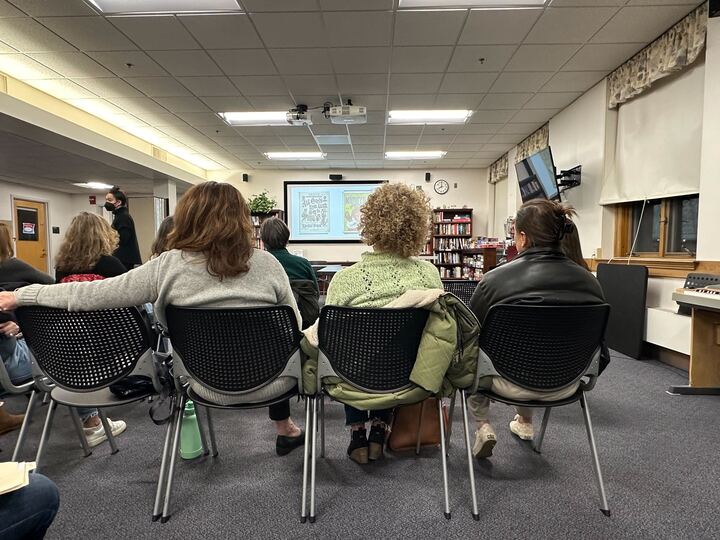





![WSPN’s Annika Martins and Maddie Zajac explore the athletic life of senior Annabelle Zhang through her badminton career. “This [photo] is me and my former partner after we won the 2022 junior nationals mixed doubles category,” Zhang said.](https://waylandstudentpress.com/wp-content/uploads/2024/04/IMG_6629-1200x900.jpg)
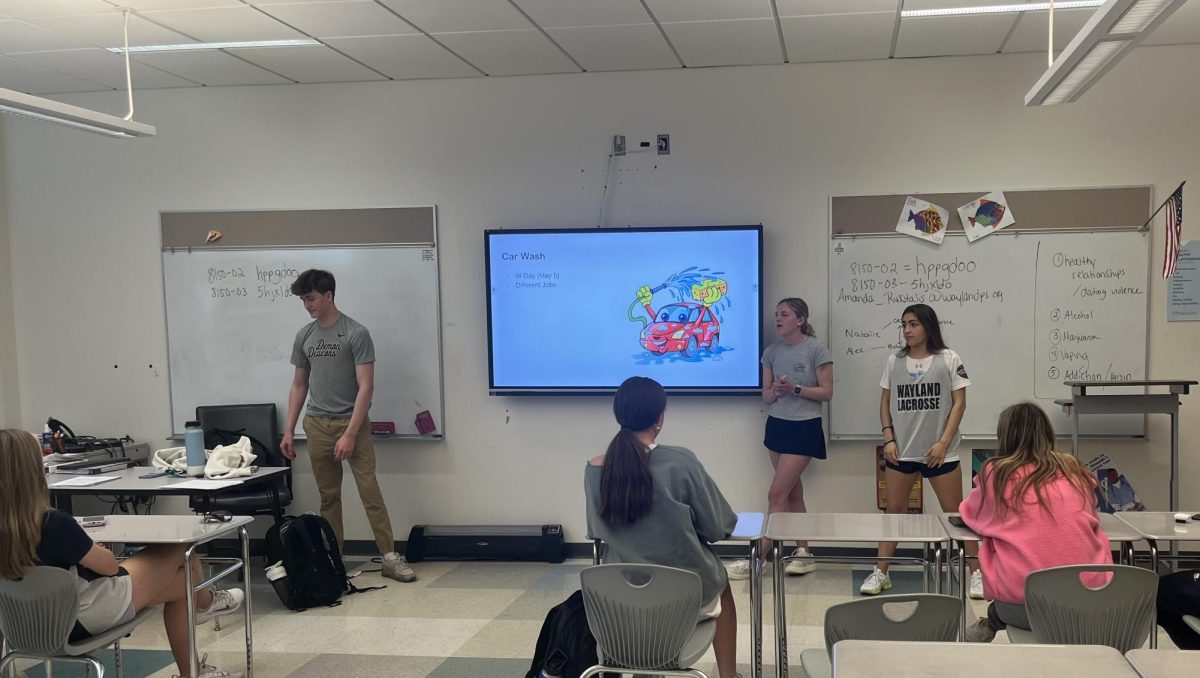
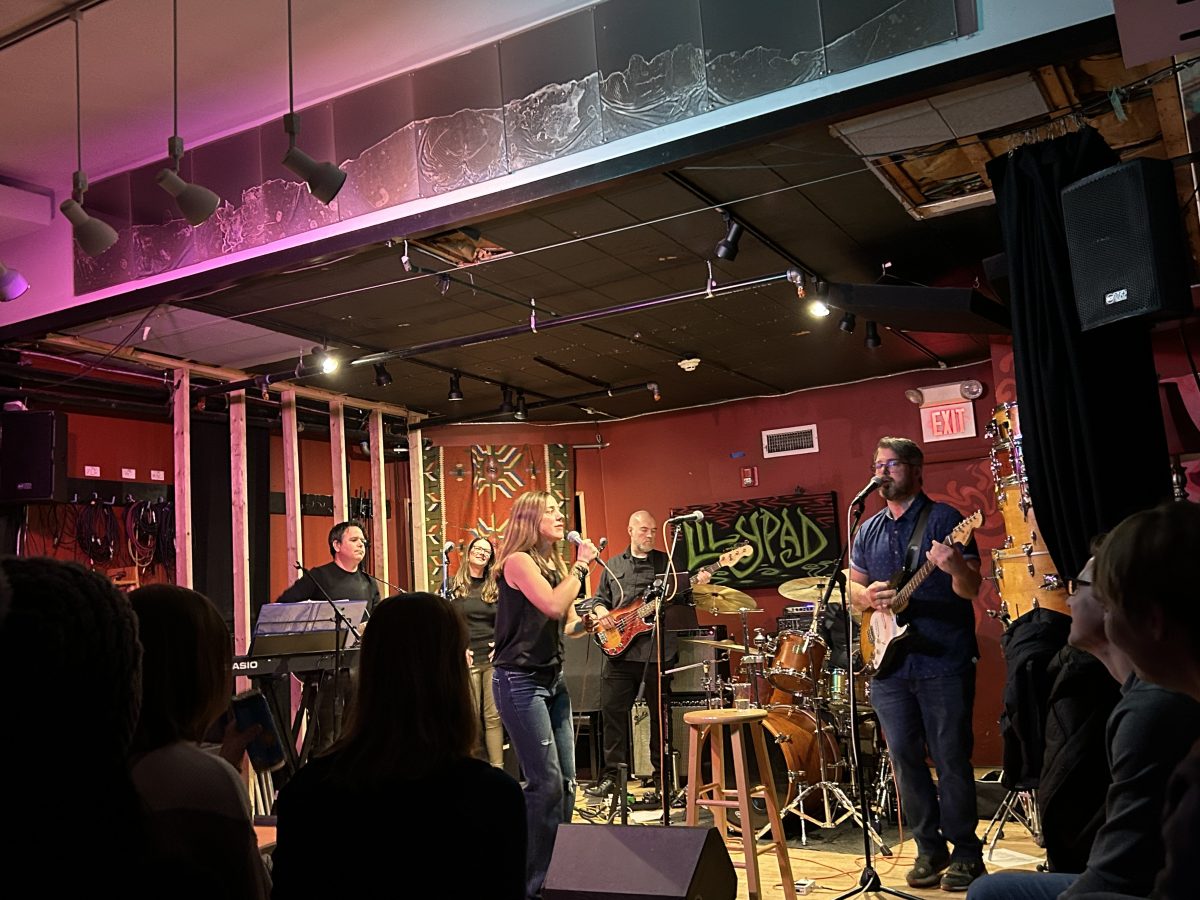
















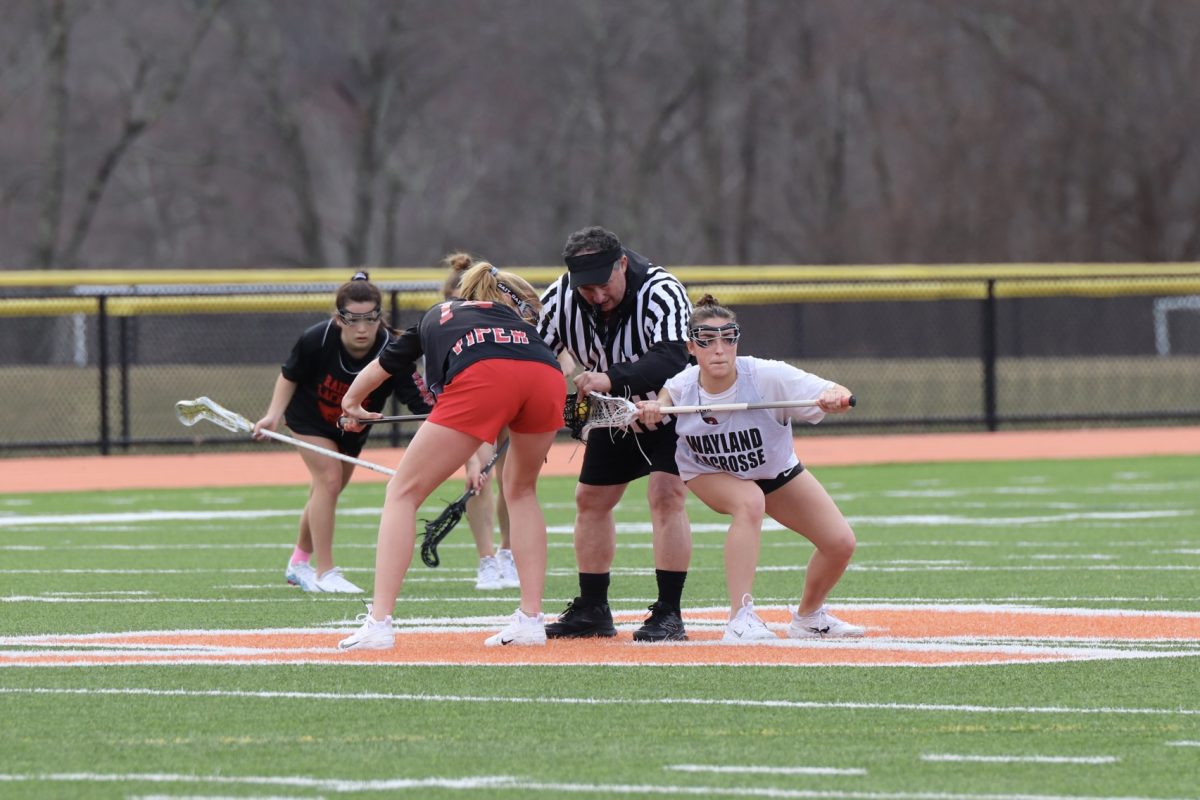







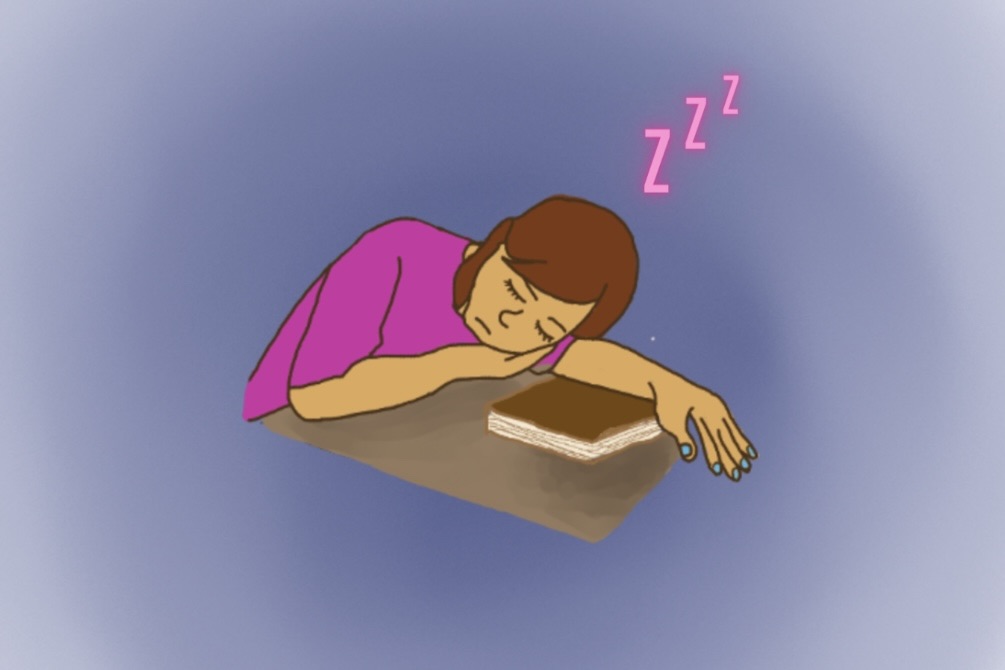

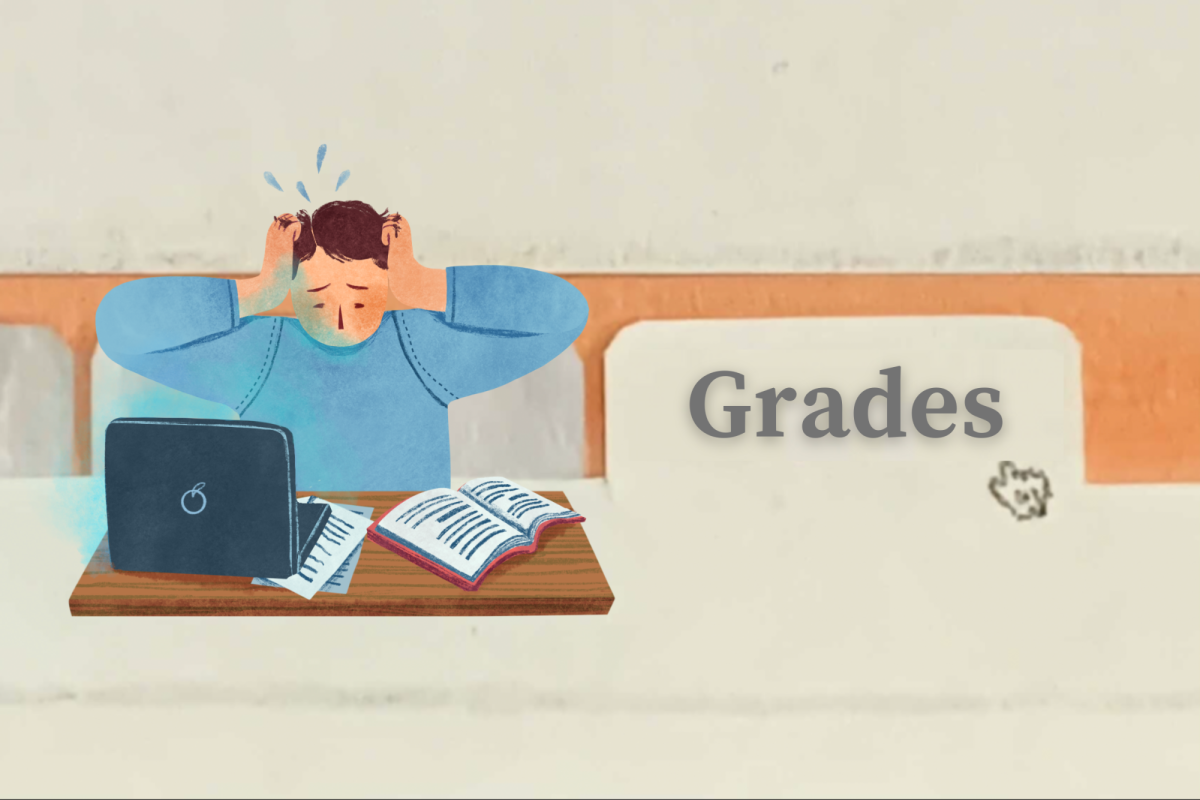


















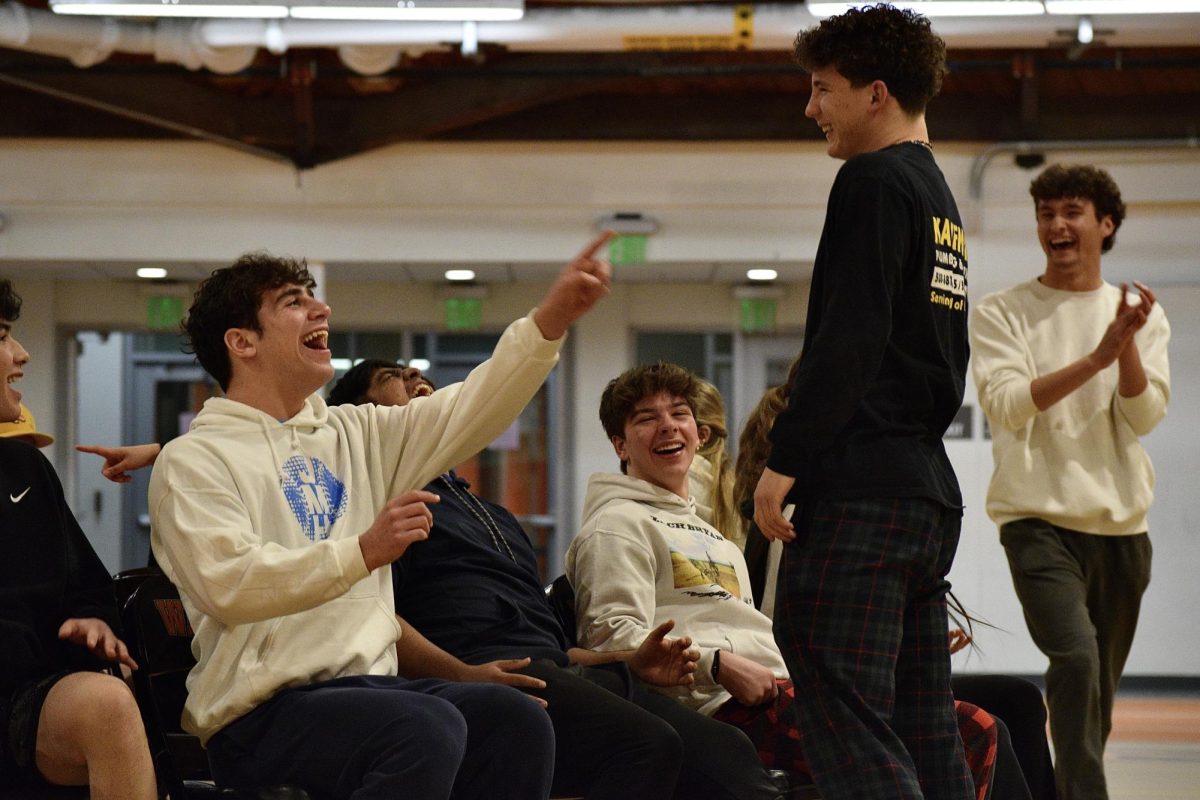















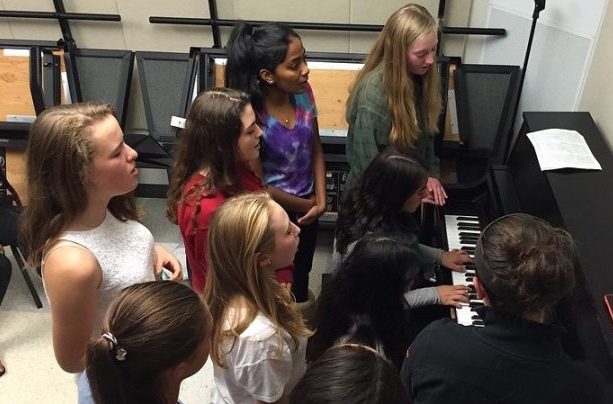





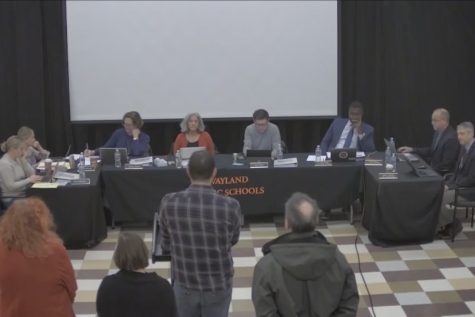

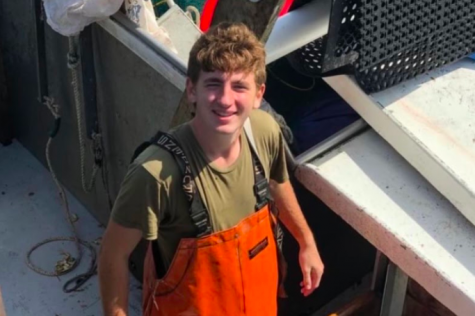

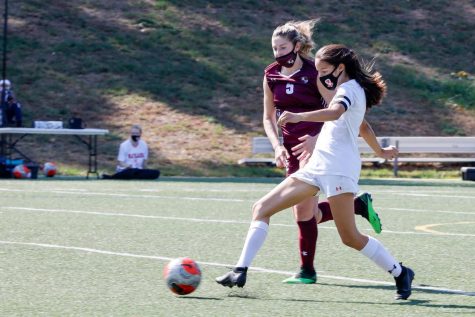
An Unpopular Opinion • Mar 1, 2016 at 12:09 PM
I take issue with a few things in this article. It is completely baffling to me that students don’t understand the importance of this requirement. As an alumni from Wayland a cappella I can say that everything I learned in my arts classes helped me to be a better performer in a cappella. I also find it hard to believe that taking one arts class per a cappella year is taking up too much of your time. When I went to WHS I figured out a way to take 3 electives all four years of high school, did that mean I had to give up frees, absolutely, but it was worth it for doing what I loved. It’s also silly to ask to get rid of this requirement because no matter what you have to take at least one art class to graduate! If you, parents, are really worried about what’s in your child’s “best interest,” I think you have other things to worry about – micro-aggressions, grading criteria. In my opinion this requirement is what makes a cappella so strong, they are learning stage presence, how to read music, and how to sing as a part of a group. Also, I would just like to point out that if such a strong argument is being thrown out, we should all take a look at our word choices. There is no prerequisite, the “pre,” suggests a requirement prior to the enrollment. The administration is simply asking that as part of your responsibilities for a cappella it is required that while you are enrolled, you must take a class that will help you to improve. Lots of schools don’t even have a cappella, not to mention the variety of arts classes offered at WHS. People should be grateful for this opportunity, and I find it a little disrespectful to the faculty who are trying their best to help YOU.
JAS • Feb 27, 2016 at 12:09 PM
It is important at this time in a student’s life that they are making choices that are significant to their self-fulfillment. If they don’t feel they can take a class performance class to go with their performance practice, maybe it isn’t as important as they are leading on or maybe they feel they can’t take it because of a pressure elsewhere in their life. Colleges would rather see a well rounded kid than one that did not explore the arts. It seems people are insinuating the “club” status diminishes the value of the commitment. Hopefully this support in the educators decision is heard as well. The teachers only want what is best for your kid, believe it or not.
BJH • Feb 17, 2016 at 2:58 PM
This is a really great piece of opinion writing.
Sounds like the FA department is just trying to ensure that they have enough students to fill their classes. I hope this policy changes soon!
Concessa Shearer • Feb 15, 2016 at 5:46 PM
Thank you Lucy for being so brave to speak out! It was heartbreaking to watch this play out – my son was denied participation in something that meant so much to him. I spoke to the teacher, department head, principle AND superintendent all to fall on deaf ears. It is shameful and an embarrassment to our school district. To force a child to choose between meaningful life electives and a CLUB is inexcusable. Shame on Wayland Public Schools. Thank you for writing so clearly about a subject that broke my heart. This was our story and I hope that it NEVER happens to another student… sadly though, history shows that it will.
Sabine von Mering • Feb 13, 2016 at 6:56 AM
Brava to the author of this piece!! I absolutely agree with her and the other comments. As a mother of a former Madrigal I know that students have been fighting this policy for years. Students involved in the a cappella groups devote a significant amount of time and energy to honing their skills every single week–in long rehearsals run by students themselves. It’s a wonderful opportunity for students to develop leadership skills. Many take expensive private voice lessons in addition. Students are enthusiastically working long hours where there are no grades involved—they should be applauded, not punished!
The inflexibility of the Fine Arts Department in this matter is an embarrassment for WHS. Students have seen through the flimsy arguments presented by the department in defense of this policy from its inception. It’s time the school leadership took the issue seriously: Stop forcing students to take classes they do not need or want. Stop punishing singers in ways no other students are punished who are volunteering their time for something they love! Instead, work on improving the fine arts curriculum to make it more attractive. Students should be flocking to your classes without requirement!
The Fine Arts Department has absolutely no qualms inviting a cappella alumni back to WHS for the biggest (!) fundraiser twice a year (the college a cappella concert) that provides funding for all fine arts programs. It is therefore in the fine arts department’s best interest that the a cappella groups recruit only the best singers from among all WHS students. Rather than trying to control the a cappella groups and restrict access to them, WHS should take pride in these student leaders, many of whom go on singing a cappella in college and beyond.
Jonathan • Feb 12, 2016 at 4:42 PM
Can’t believe this is still an issue. Are we kidding?
The beauty of the a cappella groups at WHS is that they contain students of different interests— the only requirement should be a love of singing.
I treasured everything about my time doing a cappella at WHS. The music, yes, but also the relationships I formed– and especially those I formed with people whose interests differed from mine. A cappella is a perfect way for students who have other academic priorities to stay involved with the arts. If, through a cappella, they decide they want to enrich their musical education through an elective class, that should be their prerogative.
Wayland has a fantastic arts department, and their intention of getting more students involved in the arts is to be commended. However, enforcing enrollment in arts electives for a cappella participants is not the answer. At the very least, Shearer’s participation in the spring musical and play should exempt him from the rule. When it comes down to it, the arts department is preventing a student from making the music he loves, and that’s just plain backwards.
Catherine Radmer • Feb 12, 2016 at 9:41 AM
Fantastic article, and 100% correct. High school is stressful enough. For some HS singers, arts are a core part of their interest, but for many others it’s one among many, and may even be the pursuit that allows them to de-stress. For the faculty and administration to bully and intimidate kids to fill up their few remaining free periods with a mandatory class is the opposite of what our educators should be doing, and it is far from being in the students’ best interest.
To compare this requirement to the one that says students in honors groups like wind ensemble and sinfonia must also take part in the larger ensembles is flawed because those groups are *credit earning courses*; in fact because they are honors ensembles, they are weighted as honors courses. A cappella groups are extra curricular activities. Are there any other extra curricular activities that have a course prerequisite? A better analogy would be if any student who wanted to play football had to enroll in a specific football-related class–not just once, but every year he wanted to be on the team. Let’s take a second to imagine the response from football players and their parents if the Dean of Students/Football Coach put that policy in place.
In the years since the fine arts department imposed this policy, I’ve heard of students in tears because they had to make a choice between a course that reflects their long-term college and career interest, and an activity that they pursue out of love. No parent or student believes that the rule is there to improve the quality of the ensembles or to support the students.
It’s shameful that the administration allows the fine arts department to enforce this rule. It’s shameful that parents can’t advocate for their kids for fear that they will face retaliation. And it’s most shameful for the fine arts department to be putting up a barrier to students who want to be involved in the arts.
Good for you for writing this.
Old T-Tone Member • Feb 11, 2016 at 8:05 PM
Probably one of my favorite opinion articles ever written on this site. I love all the faculty but this rule turned away a lot of interested kids I know of. I hope this piece gets read by the upper management so they can discuss ways to change it.
Wayne Schwartz • Feb 11, 2016 at 6:51 PM
Well done Lucy….a cappella groups are awesome and should not be restricted to just fine arts people. I agree that music/drama involvement expands the sole and spirit but AP classes, as mentioned in your article should always take precedence in expanding and achieving your education goals.
Mark Hughes • Feb 11, 2016 at 2:11 PM
Well said, Lucy. I know that you are a well-rounded person with an already solid background in performing arts. I want you to be able to also explore whatever other areas beyond performing arts you want to, and it is a shame that this requirement has made scheduling so difficult that you have been unable to do so in some cases. You have my 100% support.
– Your Dad